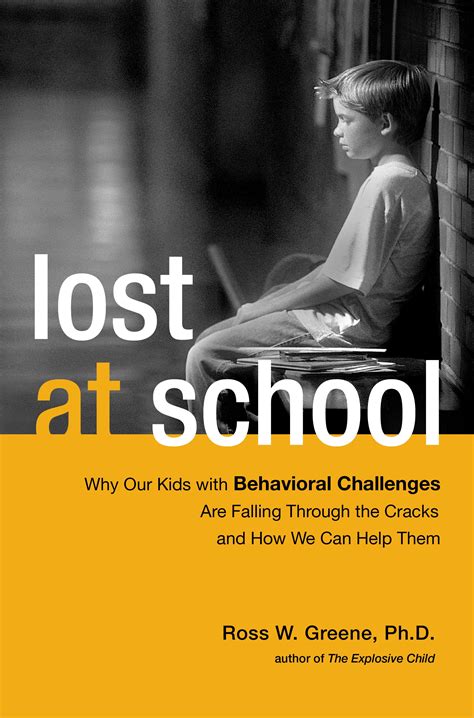A Quote by Kelly Williams Brown
You're a grown up, and you get to decide what behaviors affect you for five minutes versus what behaviors change you as a person.
Related Quotes
Excuses are the explanations we use for hanging on to behaviors we don't like about ourselves; they are self-defeating behaviors we don't know how to change. InExcuses Begone! I review 18 of the most common excuses people use, such as "I'm too busy, too old, too fat, too scared or it's going to take too long or be too difficult."
Within childhood behaviors, there are known behaviors; there's teasing and there's name-calling, and different kinds of things happen as kids start to socialize. And then there's serious bullying, and then there's actual aggression and behavioral problems. But you can't put it all under the tent of bullying.
Our physiological constitution is obviously a product of Darwinian processes, insofar as you buy the evolutional theory as a generative, as an account of the mechanism that generated us. Our physiology evolved, our behaviors evolved, and our accounts of those behaviors, both successful and unsuccessful, evolved.


































